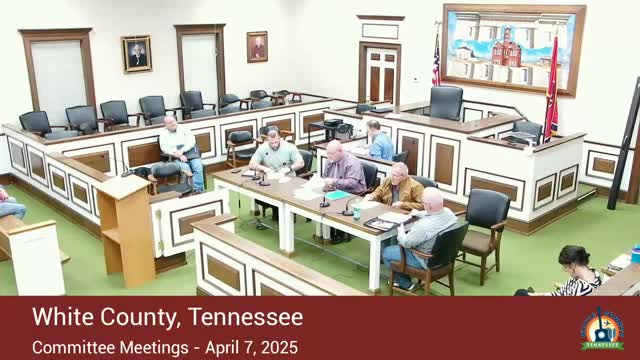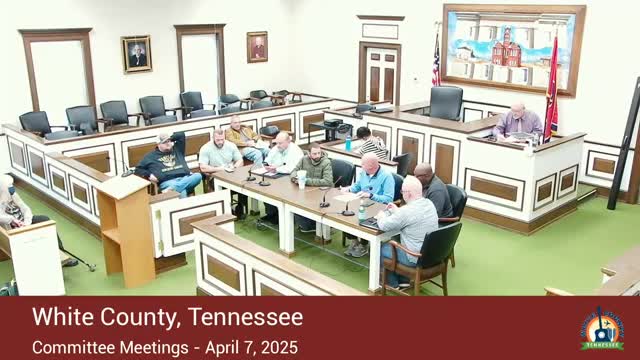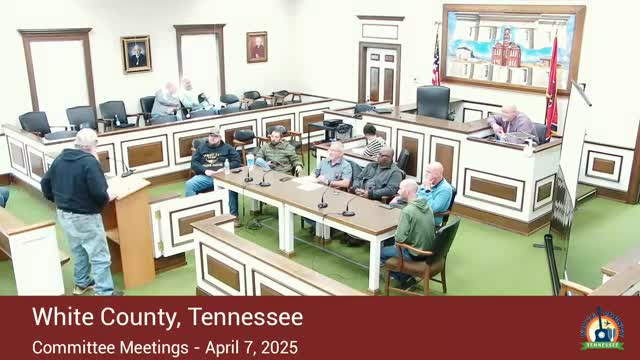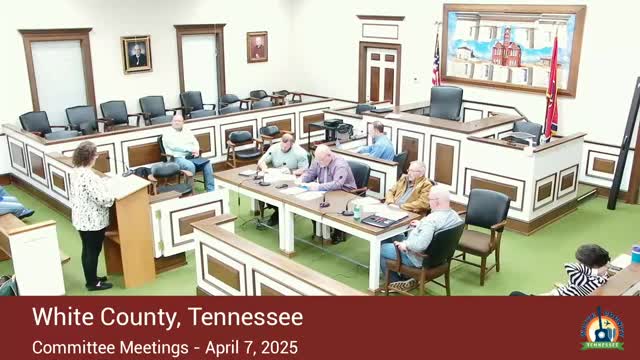Article not found
This article is no longer available. But don't worry—we've gathered other articles that discuss the same topic.

White County budget panel approves $140,000 in opioid‑settlement awards including $50,000 to Seeds of Hope

Vendor demonstrates Open Meeting Technologies; commission discusses costs, procurement thresholds and next steps

Steering committee sends resolution supporting license‑plate readers to full court after sheriff explains network and privacy limits

County landfill project awarded; GEO permits pending, county anticipates accepting local waste by October

Convenience‑center workers urge pay increases; commissioners say budget committee is reviewing countywide raises

